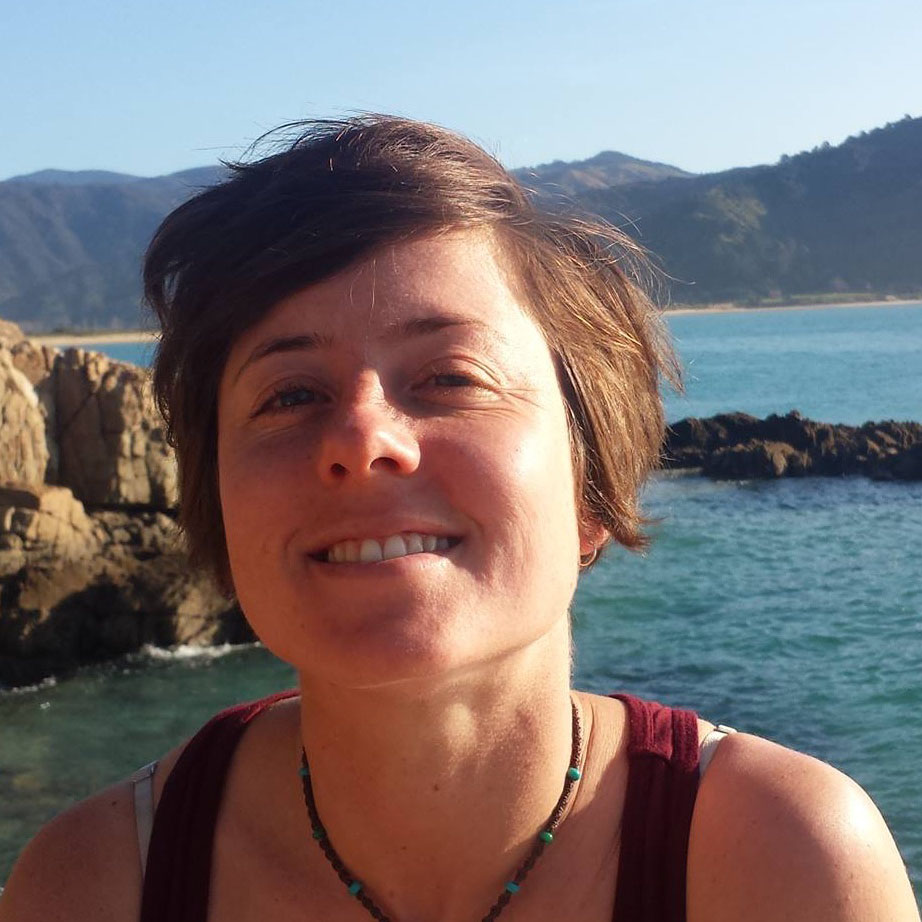In Eastern Ghana, mango farmer Abraham Akornor – head of the 50-strong Klo Mango Association – shared some of the challenges of his trade with researchers at the Green Finance for Sustainable Landscapes (GF4SL) project’s Land Finance Hub training last month. Prices lately have been very low, so the farmers are reluctant to sell their crops. But they collectively produce over 1,000 tons of fruit in a season – that’s a lot of mangoes going to waste if they can’t find other things to do with them!
Akornor recently attended a training to find out how to dry mangoes and make jam, and is now producing these products on a small scale. “But I need to expand,” he said. “If I were able to, I could help a lot of farmers by buying their mango and processing it.” Financing for such an initiative has been difficult to come by, however. “Normally I work with a rural bank,” he said, “but one of the challenges…is that since we are farmers, our produce comes seasonally, but banks have their way of doing business – we have to be putting money in [regularly], which doesn’t work for us.”
Nearby Ati Farm sits on 23 acres (9.3 hectares) and produces a range of livestock and plants including pigs, mangoes, ducks, geese, and rabbits. After an initial loan, the business is now self-financed, with the regular income from the piggery helping to finance the operational costs of its farms.
Farm manager and co-owner David Ati would like to scale up his enterprise, but has not been able to secure the funding to do so. “I attended a few programs and workshops, but they were not effective enough to get finance from institutions,” he said. “It’s a bit difficult and stressful sometimes… so we tend to stick to small-scale rather than scale up so we don’t deal with a lot of stress. But we are still looking out for finance.”
It’s challenges like these that the GF4SL project, run by the UN Environment Programme-led Collaborative Partnership on Forests (CPF) with the Centre for International Forestry Research and World Agroforestry Centre (CIFOR-ICRAF), aims to address through its Land Finance Hub. The initiative increases the visibility of forestry and agricultural Micro, Small, and Medium Enterprises (MSMEs) and connect them to sustainable finance and investment, as a means to support the needed transition to more sustainable production models and reduce deforestation.
On 2 August 2023, the Accra training was held to share opportunities provided by the Hub with local MSMEs, and help interested parties to sign up and create profiles on the platform. The event also featured a Gender Equity and Social Inclusion module, which was run by Emily Gallagher, a CIFOR-ICRAF scientist in the Sustainable Value Chains and Investments research team.
“As the business community and the investment community are becoming increasingly interested in responsible investment in agriculture and forestry sector, it is important that they look across their value networks and ensure that this is being practiced all the way from the small producers in the value chain,” Gallagher said.
“This workshop aims to introduce this concept to the MSMEs, so they are learning not only how to speak the language of the investor but also how to ensure that they themselves are being inclusive in their business culture and their business ecosystem, and how they design their value chain.”
Participant Danlette Elorm Quashigah represents a student-managed farm in Ghana’s Volta Region that trains young people in agribusiness practices. During the workshop, she was inspired to register her organization with the Hub. “We have been able to create a profile, telling the world what we are doing,” she said, “and giving us a platform to interact with other stakeholders and other businesses and find out how to raise funds for our business.”
Another participant, Benjamin Oska, works for pioneering cocoa company Yayra Glover, which has established the first organic primary cocoa processing plant across Africa – a move that has enabled it to engage farmers commercially beyond the cocoa season. “It is interesting to learn about this platform to connect companies like myself and financiers to develop projects,” he said. “I find it to be a good central point to bring the various landscape partners together and create sustainable income.”
Participants Stephen Ashia and Yakubu Minezemah are members of ABOCFA, Ghana’s only organic fairtrade certified cocoa cooperative, which consists of 1,058 farmers and exports its goods internationally. Ashia said that the training “has opened our understanding to the financing aspect”, and was motivated to pursue funding to improve its practices and “help farmers improve their lives.”
CIFOR-ICRAF research officer Dyah Puspitaloka, who was also involved in the workshop, said that to date it had been challenging for MSMEs in Africa and worldwide to have a digital presence, attract finance and access relevant toolkits. As such, the workshop sought to support African MSMEs to develop impactful business profiles and build capacity, with the aim of increasing their visibility and capacity in the international green financing arena. “The Land Finance hub has been instrumental in improving the financial literacy of MSMEs, and building their capacities to attract finance,” said David Andrew Wardell, Principal Scientist with CIFOR-ICRAF, who coordinates the GF4SL project.
We want you to share Forests News content, which is licensed under Creative Commons Attribution-NonCommercial-ShareAlike 4.0 International (CC BY-NC-SA 4.0). This means you are free to redistribute our material for non-commercial purposes. All we ask is that you give Forests News appropriate credit and link to the original Forests News content, indicate if changes were made, and distribute your contributions under the same Creative Commons license. You must notify Forests News if you repost, reprint or reuse our materials by contacting forestsnews@cifor-icraf.org.













